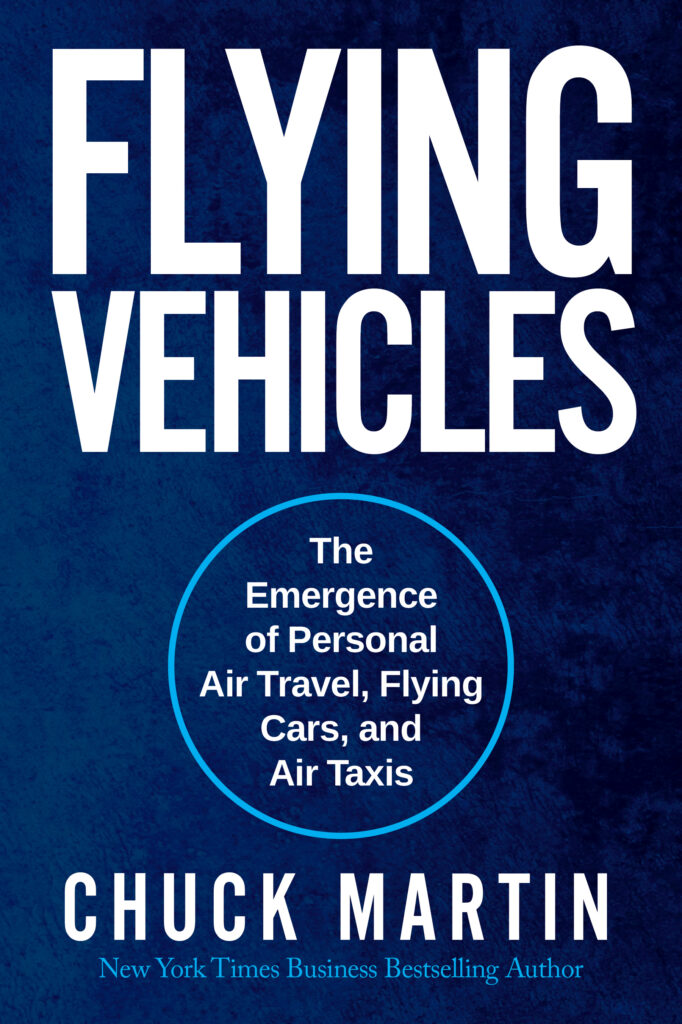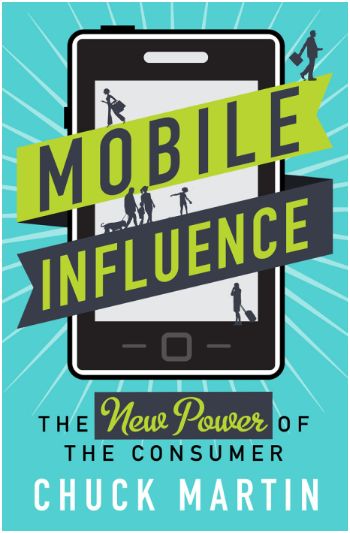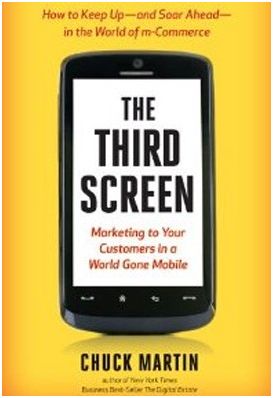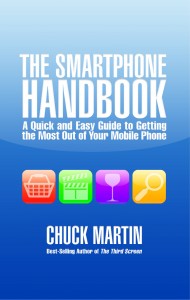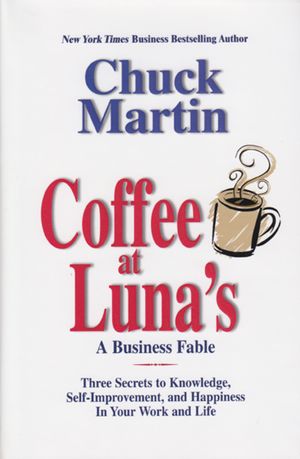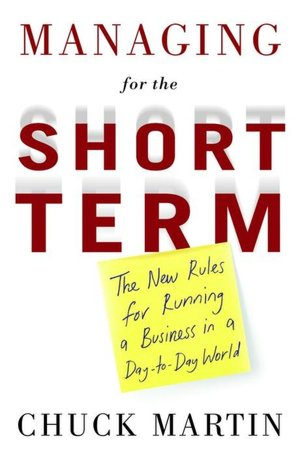On a recent shopping trip to Staples, I scanned the barcode on an electronics item I planned to purchase and through my trusty ShopSavvy app found the product for a lower price at a local Sears.
Rather than trek over to yet another mall, I brought my phone to checkout to show the cashier so Staples could match the price, which I’ve done routinely countless times at stores over the past few of years.
As I showed her the screen, the cashier took my phone to copy information from it into her computer.
So as she held my brand new Samsung Galaxy Nexus in one hand and typed into her computer with the other, I stood there going through the mental machinations of what would happen if she dropped and broke my new phone. She didn’t.
This raises the issue of whether a salesperson should take possession of a customer’s phone during the course of a transaction.
With the increasing number of smartphone-enabled consumers, the issue is only going to become larger, since customers in general are ahead of marketers when it comes to mobile.
Some businesses are less affected than others, such as Starbucks, which set its mobile scanners at checkout to be easily reached by customers. With some 26 million mobile transactions since it launched the program a year ago, someone at Starbucks likely thought of the dropped phone scenario.
The Starbucks employee handbook even states: “Stores should place the scanners in a location that customers can easily access and hold their device to scan the barcode. Partners should never handle the customer’s mobile device.”
The policy for Starbucks was rather straightforward since the code on the app could be easily scanned at checkout, which is not always the case at other businesses.
At my local supermarket checkout, I regularly open my Key Ring app, which contains all my rewards numbers and barcodes, and since the supermarket scanner can’t yet read mobile barcodes, I always hand my phone to the cashier to enter the barcode numbers.
So what if an employee does drop and damage a customer’s phone?
“If they take the phone they’re on the hook,” says attorney Edward Lake of Gacovino and Lake Attorneys in New York, though he questioned whether the value of a mobile phone would be worthy of a lawsuit outside of small claims court.
Some brands, like Starbucks, have hard and fast rules that employees do not touch customers’ phones while others have less formal guidelines or no policy, for varying reasons.
After contacting more than a dozen major brands to find out their policies around mobile phone handling, I’ve concluded there’s not exactly what could be considered an industry standard. In their spokespeople’s words:
- Target: “We ask our team members to have the guests hold the phone while they scan the screen.”
- Macy’s: We do not have a policy but there is no reason for us to handle a customer’s mobile device unless they ask for help.”
- Sears: “The customers are asked to hold the phone for the operator to scan the barcode.”
- Best Buy: “It is not our SOP or price match policy to handle customer devices for price checks. In the instance a customer pulls up a coupon or offer on their device and hands it to us for redemption, we would certainly allow that type of interaction with the customer’s permission.”
- Walmart: Our national policy at this time is to bring a printed copy of the ad to the store.”
- Staples: “While there is not a formal policy in place regarding the handling of customers’ smartphones, we encourage our associates to get the information necessary without handling the phone, if possible.”
And once a policy is adopted, a company still needs to filter the word to all it employees, which can be more challenging than devising a policy.
“Our training covers what to look for when the customer presents their mobile device so it would be more of an eyes only policy,” says BJ Emerson, vice president of technology at Tasti D-Lite, an early pioneer in mobile rewards and checkout. “There should be no need to take or handle someone’s phone. We have had no issues that I am aware of but it probably needs to be put in writing.”
As in retail, major airlines also have varying degrees of mobile phone handling policies. They say:
- United: “While at security or boarding a flight, the customer scans their mobile device over the scanner. The CSR does not touch the phone/mobile device.”
- American Airlines: “There is not a policy that states customers may not hand over their phone to agents. They can either pull up the coupon themselves or hand it to the agent.”
- Jet Blue: “We do not have a policy.”
- Delta: “Our scanners are configured so that customers can hold their phone and scan the boarding pass themselves if they desire, but an agent is always present to assist should they have difficulty with the scanning device.”
With more smartphones barcode scanning coming, sure-to-be glitches while paying via mobile and more on-location usage, customers and businesses are going to have to determine who holds the phone.
Chuck Martin is author of The Third Screen; Marketing to Your Customers in a Wo
rld Gone Mobile, The Smartphone Handbook, CEO of Mobile Future Institute, Director of the Center for Media Research at MediaPost Communications and a highly sought-after mobile marketing speaker.


